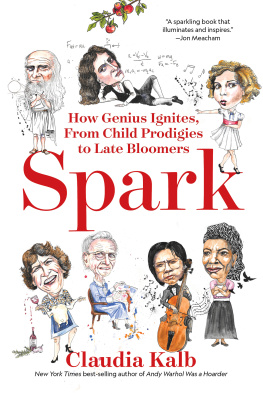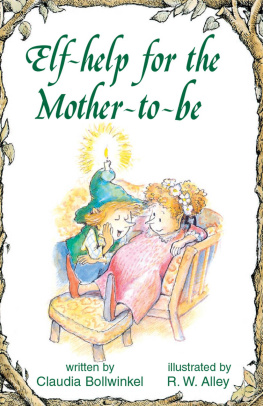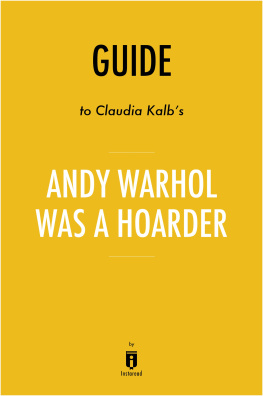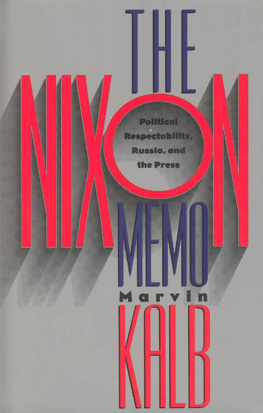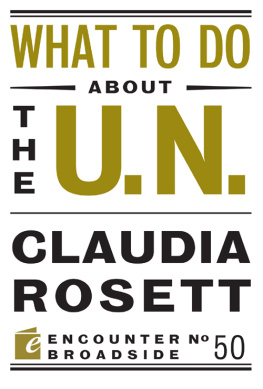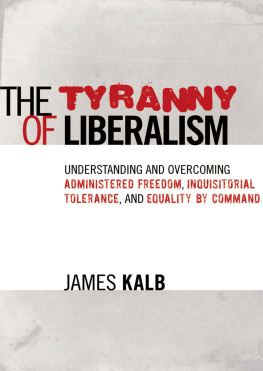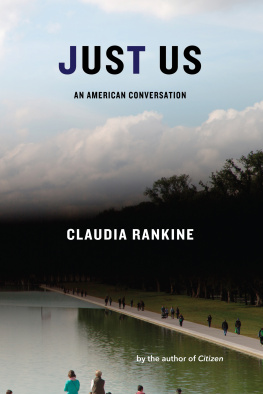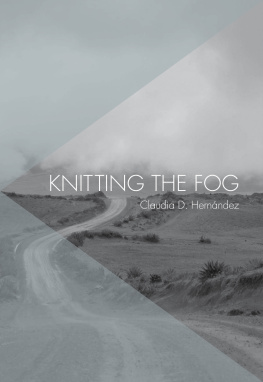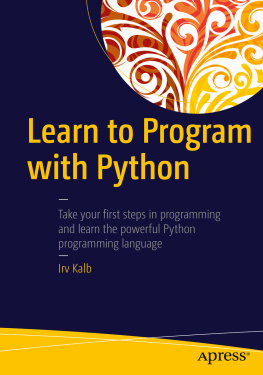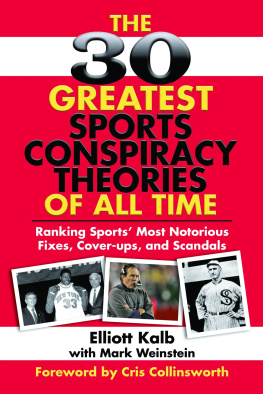Claudia Kalb - Spark
Here you can read online Claudia Kalb - Spark full text of the book (entire story) in english for free. Download pdf and epub, get meaning, cover and reviews about this ebook. year: 2021, publisher: Disney Book Group, genre: Non-fiction. Description of the work, (preface) as well as reviews are available. Best literature library LitArk.com created for fans of good reading and offers a wide selection of genres:
Romance novel
Science fiction
Adventure
Detective
Science
History
Home and family
Prose
Art
Politics
Computer
Non-fiction
Religion
Business
Children
Humor
Choose a favorite category and find really read worthwhile books. Enjoy immersion in the world of imagination, feel the emotions of the characters or learn something new for yourself, make an fascinating discovery.
- Book:Spark
- Author:
- Publisher:Disney Book Group
- Genre:
- Year:2021
- Rating:4 / 5
- Favourites:Add to favourites
- Your mark:
- 80
- 1
- 2
- 3
- 4
- 5
Spark: summary, description and annotation
We offer to read an annotation, description, summary or preface (depends on what the author of the book "Spark" wrote himself). If you haven't found the necessary information about the book — write in the comments, we will try to find it.
Spark — read online for free the complete book (whole text) full work
Below is the text of the book, divided by pages. System saving the place of the last page read, allows you to conveniently read the book "Spark" online for free, without having to search again every time where you left off. Put a bookmark, and you can go to the page where you finished reading at any time.
Font size:
Interval:
Bookmark:


Published by National Geographic Partners, LLC
1145 17th Street NW Washington, DC 20036
Copyright 2021 Claudia Kalb. All rights reserved. Reproduction of the whole or any part of the contents without written permission from the publisher is prohibited.
NATIONAL GEOGRAPHIC and Yellow Border Design are trademarks of the National Geographic Society, used under license.
The text permissions for this book appear on .
Library of Congress Cataloging-in-Publication Data
Names: Kalb, Claudia, author. | National Geographic Partners (U.S.)
Title: Spark : how genius ignites, from child prodigies to late bloomers / Claudia Kalb.
Description: Washington, DC : National Geographic Partners, LLC, [2021] | Includes bibliographical references and index. | Summary: A look at genius, through portraits of 13 iconic figures in fields ranging from music to medicine, to explore what leads certain people to reach their creative heights early in life, whereas others dont uncover their potential until their later years-- Provided by publisher.
Identifiers: LCCN 2020043781 (print) | LCCN 2020043782 (ebook) | ISBN 9781426220937 (hardcover) | ISBN 9781426220944 (ebook)
Subjects: LCSH: Creative ability. | Genius. | Personality. | Psychology.
Classification: LCC BF408 .K224 2021 (print) | LCC BF408 (ebook) | DDC 153.3/5--dc23
LC record available at https://lccn.loc.gov/2020043781
LC ebook record available at https://lccn.loc.gov/2020043782
ISBN 978-1-4262-2094-4
Since 1888, the National Geographic Society has funded more than 13,000 research, exploration, and preservation projects around the world. National Geographic Partners distributes a portion of the funds it receives from your purchase to National Geographic Society to support programs, including the conservation of animals and their habitats.
Get closer to National Geographic explorers and photographers, and connect with our global community. Join us today at nationalgeographic.com/join
For rights or permissions inquiries, please contact National Geographic Books Subsidiary Rights:
Interior design: Melissa Farris
Illustrations: Allison Bruns
To my grandparents, Bella, Max, Sue, and Sam, and to those who came before them.
And to the prodigies, midlifers, and late bloomers in all of us.
W hen I was child, I spent a lot of time wondering when I would know what I wanted to be. Ive loved to write for as long as I can remember, and I spent many afternoons skimming through the pages of my parents New Yorker magazines before I could make sense of the stories. Words fluttered through my mind like confetti at a ticker-tape parade.
Still, my path to becoming a writer was circuitous, and I have long been fascinated by the journeys of others. What role do our personality traits play in the livelihoods we pursue? Are we born with talent or lured by passion? How do we discover the spark that fuels our souls? And how do we know when weve found it?
These questions, which have stoked the minds of philosophers and psychologists for centuries, inspired me to explore the trajectories of 13 iconic figures who left colossal footprints in a variety of fieldsfrom art and music to medicine, business, and politics. In my research, I became especially intrigued by the time line of discovery, which shapes the arc of this narrative. What propels some individuals to reach extraordinary creative heights in the earliest years of life while others uncover their destiny decades later?
The chapters in this book, best read sequentially, are organized not by birth order, but by the age at which genius ignites. Child prodigies Pablo Picasso, Shirley Temple, and Yo-Yo Ma, whose talents earned them acclaim in early childhood, launch the book, followed by Bill Gates, Isaac Newton, and entrepreneur Sara Blakely, whose moments of inspiration span the ages between 13 and 27. Julia Child, Maya Angelou, and Alexander Fleming constitute what I call midliferspeople whose momentous experiences transpired in their 30s and 40s. The chapters close with late bloomers Eleanor Roosevelt, Peter Mark Roget of Rogets Thesaurus fame, and the painter Anna Mary Robertson Moses, also known as Grandma Moses, all of whom initiated their most enduring work in the final decades of their lives.
I studied these individuals through a journalistic lens, conducting interviews and reporting on-site where possible, and bolstered my knowledge by delving into letters, memoirs, and biographies. At Woolsthorpe Manor, north of London, I stood in Isaac Newtons bedroom, with its limestone walls, and took in the view of his famed apple tree out the window. I went inside Alexander Flemings lab, where he discovered penicillin, and took Eleanor Roosevelts favorite walk through the woods at Val-Kill, her home in upstate New York. I listened to Yo-Yo Ma perform Bachs Cello Suites live at the Washington National Cathedral and at Tanglewood, and heard Sara Blakely speak to a group of entrepreneurs about her journey to founding Spanx, her multimillion-dollar clothing and shapewear company. Where possible, I talked to family members of the historical individuals profiled in these pages. I drew on a conversation I had with Ma for a magazine feature, and I interviewed Gates and Blakely.
From the cradles of civilization to the 21st centuryAristotle and Sappho to Jane Goodall, Alvin Ailey, and Isabel Allendegreat minds have changed the way we understand ourselves and the world we inhabit. Their momentous achievements have fostered energetic debates about the inner workings of the brain and human behavior, and about how we judge ingenuity in art, music, literature, science, medicine, and technology. What are the origins of genius? What makes a genius? What is a genius?
This is inherently complicated terrain. Entire books, many of which informed my research, have attempted to explain human virtuosity. In these pages, I interpret the term with some degree of latitude. In certain cases, an individuals contributions are so immense and enduring that no other term seems sufficient. In others, the word acts more as an adjective describing a breakthrough or piece of creative work: The innovation itself is genius and the person who came up with it deserves ample recognition because of it.
Philosophers have long pondered the origins of genius. Plato described inspiration as a gift from the gods and likened the poet and prophet to an empty vessel filled with divine infusion, says historian Darrin McMahon, author of Divine Fury: A History of Genius. Aristotelian thinkers, by contrast, attributed brilliance at least in part to biology, theorizing that an overabundance of black bileone of the four bodily humors proposed by Hippocratesendowed eminent souls with superior powers. Phrenologists attempted to find genius in bumps on the head; craniometrists collected skulls, which they probed, measured, and weighed.
Child prodigies, whose talent appears early in life, raise an eternally debated question: Is genius born or made? In the 19th century, the polymath Francis Galton proposed that the trait was passed down through family bloodlines; he mapped the lineages of an array of European leaders in disparate fieldsfrom Mozart and Haydn to Byron, Chaucer, Titus, and Napoleonto make his case. In 1869, Galton published his findings in Hereditary Genius,
Font size:
Interval:
Bookmark:
Similar books «Spark»
Look at similar books to Spark. We have selected literature similar in name and meaning in the hope of providing readers with more options to find new, interesting, not yet read works.
Discussion, reviews of the book Spark and just readers' own opinions. Leave your comments, write what you think about the work, its meaning or the main characters. Specify what exactly you liked and what you didn't like, and why you think so.

